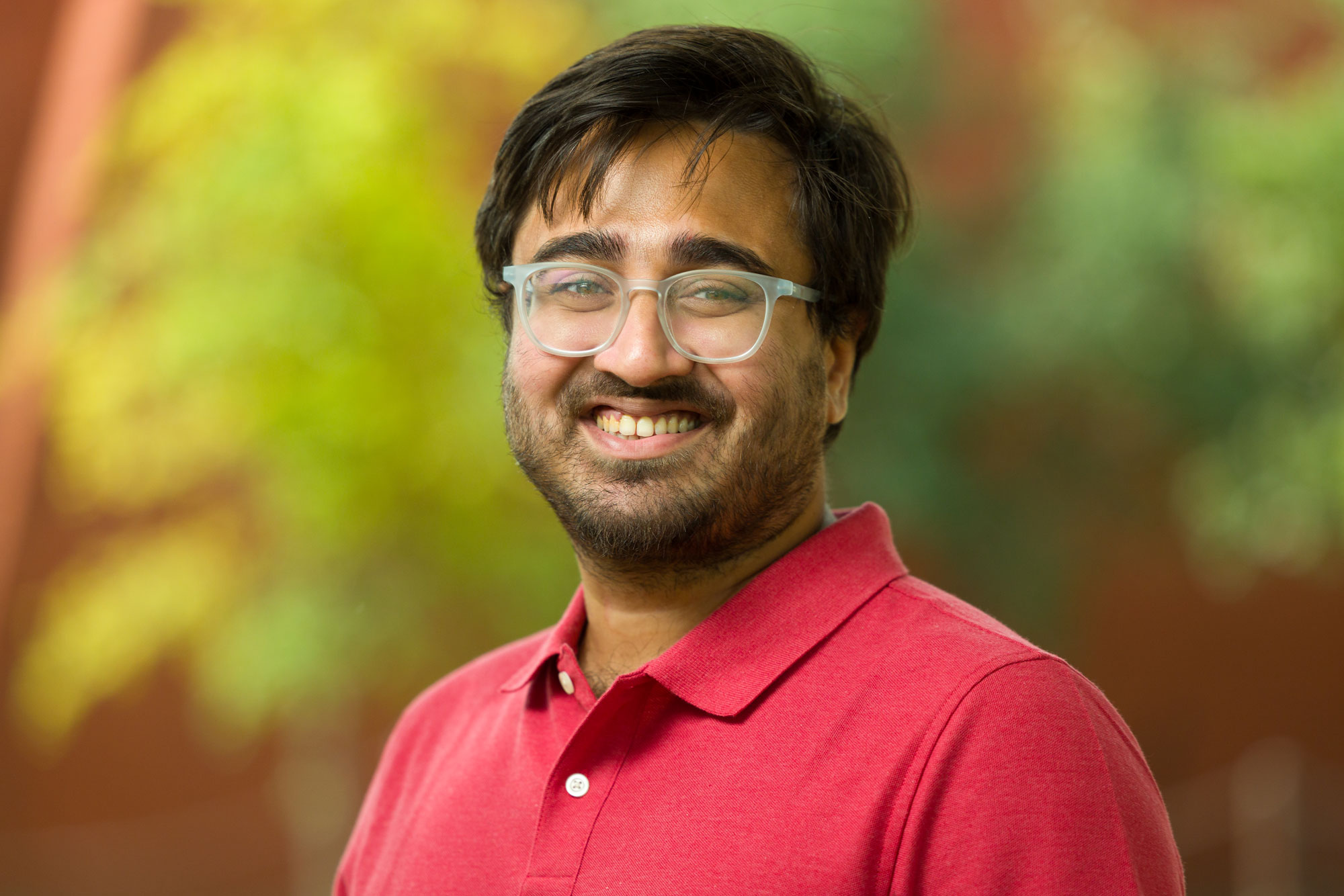“Our work will employ a protein-structure-guided method to forecast the kinetic parameters of enzymes, which will offer essential insights. Without AI-driven protein structure prediction, determining enzymatic parameters in the lab is resource-intensive and time-consuming, and requires specialized equipment and expertise. But, leveraging AI and data-driven parameter estimation, we have a promising new pathway to transform our understanding of the reactions, speeding up our work to create metabolically fitter microbes that can digest lignin and contribute to better biobatteries,” said Chowdhury.
